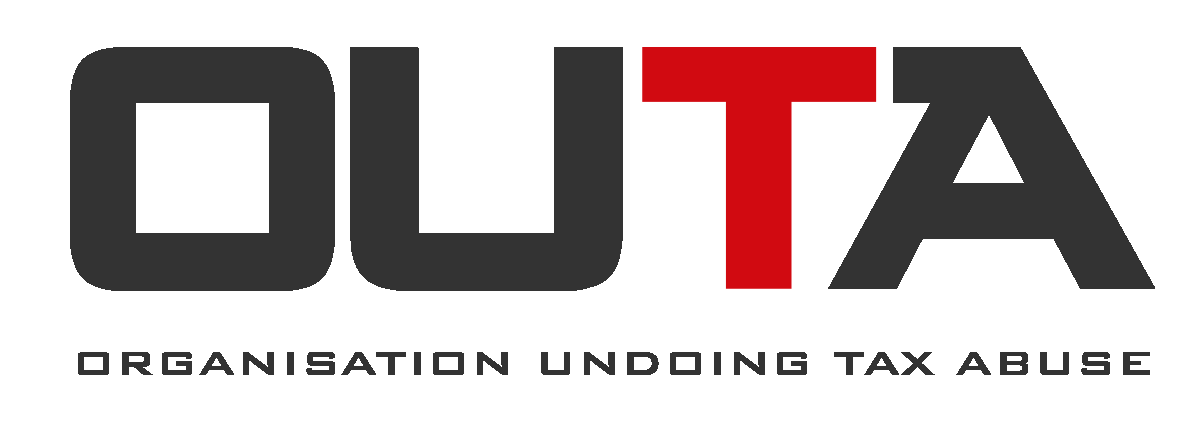OUTA seeks extension on comment period for critical energy gazette
The Organisation Undoing Tax Abuse (OUTA) not only questions the timing of the New Energy Efficiency Strategy (NEES) gazette, but also the rationality of publishing an energy strategy before the Integrated Energy Plan (IEP) or the hotly contended Integrated Resource Plan (IRP) have been finalised.
According to Ted Blom, OUTA’s Portfolio Director for Energy, the New Energy Efficiency Gazette (Notice 948 of 2016), which maps out a comprehensive energy strategy for the next fifteen years, was published at 23h00 on Friday 23 December 2016. The public has been given thirty days to comment on the gazette. “OUTA feels that by publishing a gazette for comment in the heart of the summer holidays, and then to only provide society with 30 days to comment thereon, is unacceptable. In our opinion, government could be accused of trying to sneak this document past the unsuspecting taxpayers, and that the haste of the gazette may be linked to the unexplained haste to pave the way to add nuclear to South Africa’s future energy mix,” says Blom
The Gazette seeks to establish a blueprint on energy consumption for the next generation up to 2030, and within its plan lies stringent regulation pertaining to energy consumption and punitive charges or levies for those who do not comply to thresholds set. “While OUTA completely agrees that we need an energy efficiency strategy, we are concerned that the Department of Energy has not factored in all the variables when compiling this document. It is based upon energy consumption between 2000 and 2012, with critical data for the last four years not taken into account.”
Should the Gazette be promulgated in its current form, it will impact negatively on the South African economy, as it will lead to higher electricity and fuel prices. “This, in turn, will lead to unnecessary increases in the cost of business and living in South Africa and will thus adversely affect South Africa’s business competitiveness.”
The current blueprint also contradicts government’s own National Development Plan (NDP) and flies in the face of various statements made by government officials on related to minerals beneficiation and job growth. We believe that if this New Energy Efficiency strategy as gazetted goes unchanged, could mean the loss of thousands of mining and other industry jobs, thereby further undermining our economic growth.”
In addition to the timing and procedural issues, OUTA’s research has also highlighted highly suspicious assumptions and conclusions incorporated into the document’s founding statements.
“OUTA has moved to procure professional input to evaluate the roots and rationale of the Gazette, along with the impact thereon due to a lack of updated economic information. The developmental trajectory of South Africa cannot be determined on the basis of fallible strategies drawing conclusions from data that is neither quantitatively, nor qualitatively sound and for OUTA or others in society to provide meaningful comments on the gazette, much more time is required to do so.”
OUTA has thus written to the Minister of Energy, requesting an extension of the comment period to 90 days after the finalisation of the IRP.
